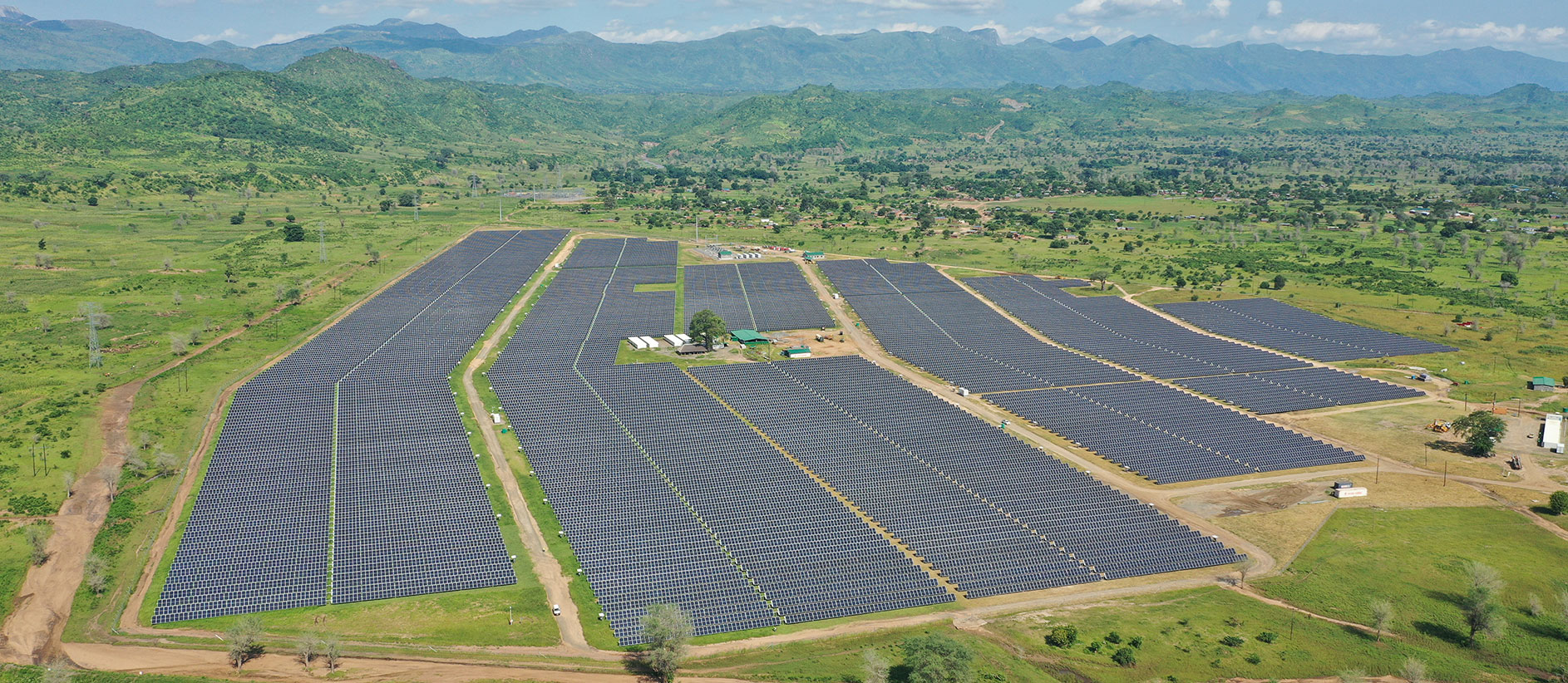In 2021, IFU invested DKK 650m in Africa, which corresponds to 65 per cent of total investments. Furthermore, IFU continued its focus on investing in the poorest countries on the continent, e.g. through additional financing for the Horn of Africa Fund, which contributes to developing small businesses in Somalia. This is stated in IFU’s Annual Report 2021.
“IFU’s ambition is to be a best in class impact investor, and our two main priorities are to support the green transition and contribute to the development of more just and inclusive societies that create better living conditions for people in developing countries. Therefore, I am very pleased that once again the majority of our investments in 2021 were made in Africa, where we try to make a special effort in the poorest countries on the continent together with Danida, among others.”
Michael Rasmussen, chairman of the board of IFU.
IFU has contributed to installing 2,000 megawatts of renewable energy
In 2021, IFU continued investments in renewable energy and invested more than DKK 400m. One investment was a DKK 85m loan to a 20 megawatt solar park in Malawi, one of the poorest countries in the world, where only ten per cent of the population has access to electricity.
“Our renewable energy investments are important because they support the green transition as well as overall development by reducing future carbon emission and increasing access to electricity, which is in great demand,” said Torben Huss, CEO of IFU.
At year-end, the energy companies in IFU’s portfolio had installed 2,000 megawatts of renewable energy in a number of developing countries.
The Danish SDG Investment Fund plays an important role
IFU invested a total of DKK 1 billion in 2021. Half of the investments were made on behalf of the Danish SDG Investment Fund, which was established in cooperation with a number of Danish pension funds and private investors.
“The Danish SDG Investment Fund plays an important role in the financing of our investments. And in recent years, the pension funds involved in the Danish SDG Investment Fund have contributed to significant investments, creating greener energy production, more food and an increased supply of health services in developing countries,” said Torben Huss.
Employ 300,000 people
At year-end 2021, IFU had an active portfolio of 179 investments, employing 300,000 people and reporting DKK 3.2bn in local taxes. Furthermore, a number of banks and microfinance institutions provided access to small loans to 18 million clients, enabling them to develop their own local businesses or small farms.
“We set clear development goals in all our investments. This is done e.g. through agreements on reducing the climate footprint, job creation and supporting women’s career and employment opportunities. You can read more about this in our annual report.”
Torben Huss, CEO of IFU.
Profit of DKK 182 million
IFU’s objective is to create green and sustainable development through commercial private sector investments in the developing countries. This creates a lasting effect at the companies and a profit for IFU, to be reinvested in new companies. IFU’s financial result for 2021 was a profit of DKK 182m.
Exposure of DKK 350 million towards Ukraine
Ukraine has been a priority investment country for many years, and at year-end, IFU’s total exposure towards Ukraine was DKK 350m. The value is included in IFU’s annual accounts end of 2021 and does therefore not reflect the negative effects of the war outbreak in 2022.
“The war in Ukraine is a tragedy, which is inhumane and causes great suffering. It is our hope that lasting peace can be obtained soon. At this stage, it is impossible to predict the degree of impairment on the Ukraine portfolio, but it must be expected that the war will have a significant negative effect on our financial result for 2022,” said Torben Huss.

